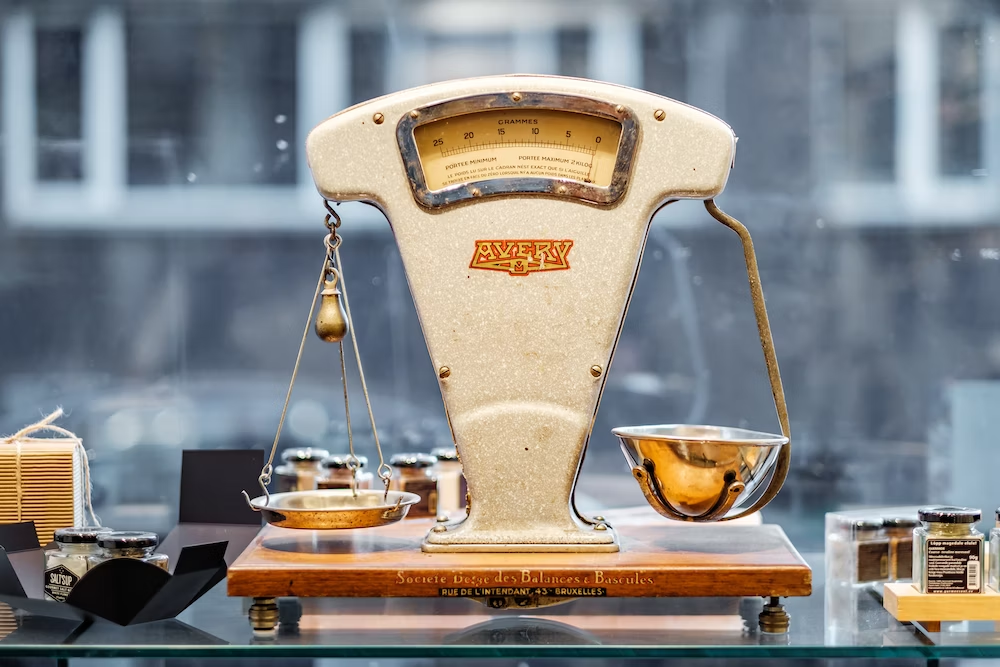How to formulate an effective research hypothesis
Variables in a hypothesis
In any research hypothesis, variables play a critical role. These are the elements or factors that the researcher manipulates, controls, or measures. Understanding variables is essential for crafting a clear, testable hypothesis and for the stages of research that follow, such as data collection and analysis.
There are generally two types of variables to consider: independent and dependent. Independent variables are what you, as the researcher, manipulate or change in your study. It’s considered the cause in the relationship you’re investigating. For instance, in a study examining the impact of sleep duration on academic performance, the independent variable would be the amount of sleep participants get.
Conversely, the dependent variable is the outcome you measure to gauge the effect of your manipulation. It’s the effect in the cause-and-effect relationship. The dependent variable thus refers to the main outcome of interest in your study. In the same sleep study example, the academic performance, perhaps measured by exam scores or GPA, would be the dependent variable.
Beyond these two primary types, you might also encounter control variables. These are variables that could potentially influence the outcome and are therefore kept constant to isolate the relationship between the independent and dependent variables. For example, in the sleep and academic performance study, control variables could include age, diet, or even the subject of study.
By clearly identifying and understanding the roles of these variables in your hypothesis, you set the stage for a methodologically sound research project. It helps you develop focused research questions, design appropriate experiments or observations, and carry out meaningful data analysis. It’s a step that lays the groundwork for the success of your entire study.

How to formulate an effective research hypothesis
Crafting a strong, testable hypothesis is important for the success of any research project. It sets the stage for everything from your study design to data collection and analysis. Below are some key considerations to keep in mind when formulating your hypothesis:
- Be specific: A vague hypothesis can lead to ambiguous results and interpretations. Clearly define your variables and the expected relationship between them.
- Ensure testability: A good hypothesis should be testable through empirical means, whether by observation, experimentation, or other forms of data analysis.
- Ground in literature: Before creating your hypothesis, consult existing research and theories. This not only helps you identify gaps in current knowledge but also gives you valuable context and credibility for crafting your hypothesis.
- Use simple language: While your hypothesis should be conceptually sound, it doesn’t have to be complicated. Aim for clarity and simplicity in your wording.
- State direction, if applicable: If your hypothesis involves a directional outcome (e.g., “increase” or “decrease”), make sure to specify this. You also need to think about how you will measure whether or not the outcome moved in the direction you predicted.
- Keep it focused: One of the common pitfalls in hypothesis formulation is trying to answer too many questions at once. Keep your hypothesis focused on a specific issue or relationship.
- Account for control variables: Identify any variables that could potentially impact the outcome and consider how you will control for them in your study.
- Be ethical: Make sure your hypothesis and the methods for testing it comply with ethical standards, particularly if your research involves human or animal subjects.
